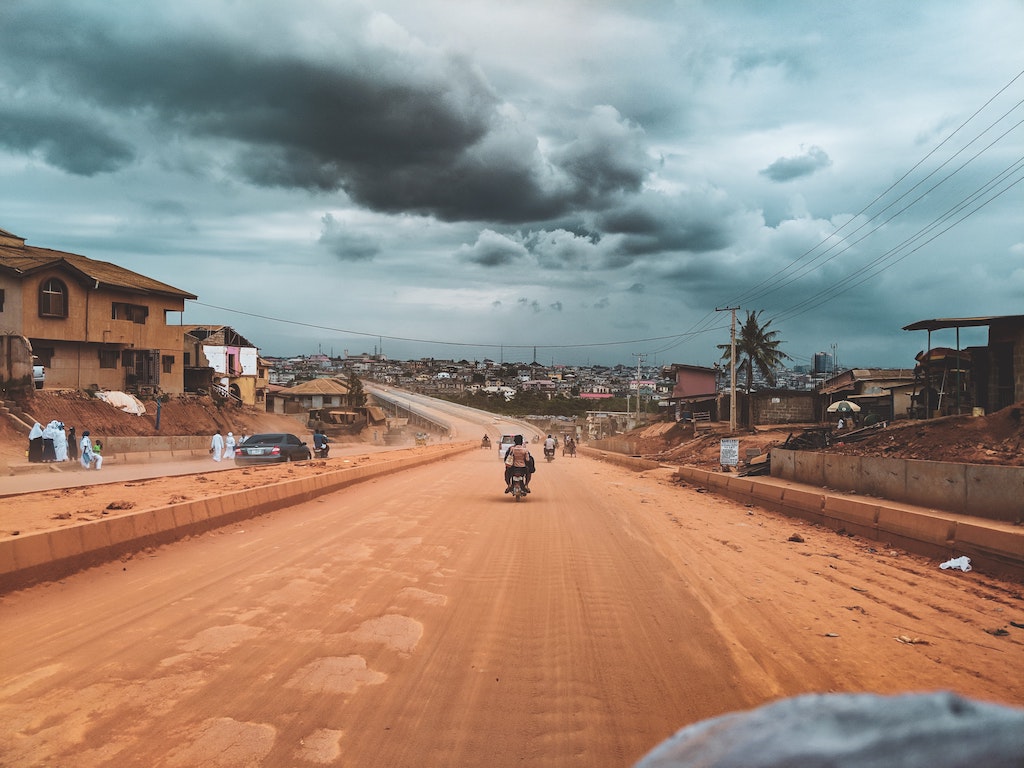What started as an outbreak in China near the end of 2019 has now developed globally. Last week, for the first time since the COVID-19 epidemic started, the number of new cases outside of China was greater than inside the country. By 1 March, the total number of confirmed COVID-19 cases in China was 80,565 (3,015 deaths) and in the rest of the world 14,768 (267 deaths).
The data from many countries is not reliable due to a lack of testing capability, political expediency and the clinical characteristics, most notably a long incubation period of up to 12 days during which infected people may be asymptomatic. However, it is clear that this epidemic is growing exponentially.
China has done a great job in controlling COVID-19, and in doing so has bought the rest of the world time to prepare and contain the virus in geographically isolated areas, so far avoiding a pandemic. The World Health Organization’s response has also been extraordinary but requires private sector support, in three areas in particular:
1. Keeping supply chains and logistics open so that drugs, vaccines and masks are available to deal with surging demand.
2. Providing a flow of trusted information to staff. Firms should be as honest, transparent and as informed as possible.
3. Engagement in specific sectors of health and pharma in critical research. This includes diagnostic tests, research in public health and prevention, and the development of new drugs and vaccines, therapeutics and drugs for patients who have already contracted COVID-19.
It is important to contain and prepare to mitigate further outbreaks, particularly in countries with struggling or under-resourced health systems. We should work collectively to support these countries with new drugs and vaccines and we should not leave anyone behind. Why? Because of enlightened self-interest in preventing and controlling ongoing infection and spread, but also to take an equitable approach to world health.
Economic consequences
The 2003 SARS outbreak, which infected about 8,000 people and killed 774, cost the global economy an estimated US$50 billion. The 2015 MERS outbreak in South Korea, meanwhile, infected 200 people and killed 38, but led to estimated costs of US$8.5 billion.
Already the coronavirus epidemic has had a greater economic effect than either of these predecessors. Wall Street has joined a global sell-off; the S&P 500 index of US companies fell by 11.5% the week commencing on February 24, the worst week since the 2008 crisis. China has effectively been in economic lockdown for a month since Chinese New Year, and the knock-on effect for global manufacturing has already been felt. While sensible precautions to avoid the spread make sense, it’s all too easy for business and politicians to go into panic mode. The supply chain consequences are real, however, and affect some sectors and assets more than others, from commodities such as oil to supply chains vulnerable to such interruptions as those that cause problems for just-in-time auto manufacturing.
The fragility of the global economy, which has high levels of indebtedness and asset bubbles, is a legacy of the way in which the 2008 global credit crisis was managed rather than solved. As pointed out in the World Economic Forum’s Global Risks Report 2020, there are a number of tipping points in the economic system and the economic consequence of a shock to the global system is likely to be a correction.

Geopolitics
While the health challenges and economic consequences are potentially devastating, the political consequences are harder to foresee – but might be the most long-lasting. In Japan, the handling of a COVID-19 outbreak on a cruise liner led to transmission of the virus into the Japanese population and may even result in the cancellation of the Tokyo Olympics. In other countries such as in Iran, a lax response by the country’s healthcare system led to a loss of containment of the epidemic, which is now spreading to the rest of the Middle East. The lockdown of towns in Northern Italy is likely too late, with the spread of the virus from Italy already underway across Europe. Voters may not be kind to politicians who fail in their basic duty to protect citizens.
We need to be honest about the scale of the challenges ahead. If all goes well we may have the first testing of a vaccine in people in the coming weeks, but that is a very optimistic timescale. Manufactured vaccines that are safe and effective are many months and years away – 2021 and beyond. There is a need for an integrated response, meaning a public health response that includes drugs and therapeutics, not just the development of vaccines – advice that was echoed by Richard Hatchett from the Coalition for Epidemic Preparedness (CEPI) in a prescient 2019 article.
As of the end of February, in China the genetic makeup of the virus has not changed, which is a good sign for the chances of creating an effective vaccine that could be available within a year. In the meantime, we must be vigilant and prepared to control the spread. COVID-19 has the potential to spread widely, but it can be at least contained as the current situation in China suggests. In Africa the WHO has helped get 40 labs in 35 countries set up to do testing (from zero before the outbreak) and this will help early detection and early control.
John Scott, Head of Sustainability Risk, Zurich Insurance Group
This article originally appeared in World Economic Forum.










